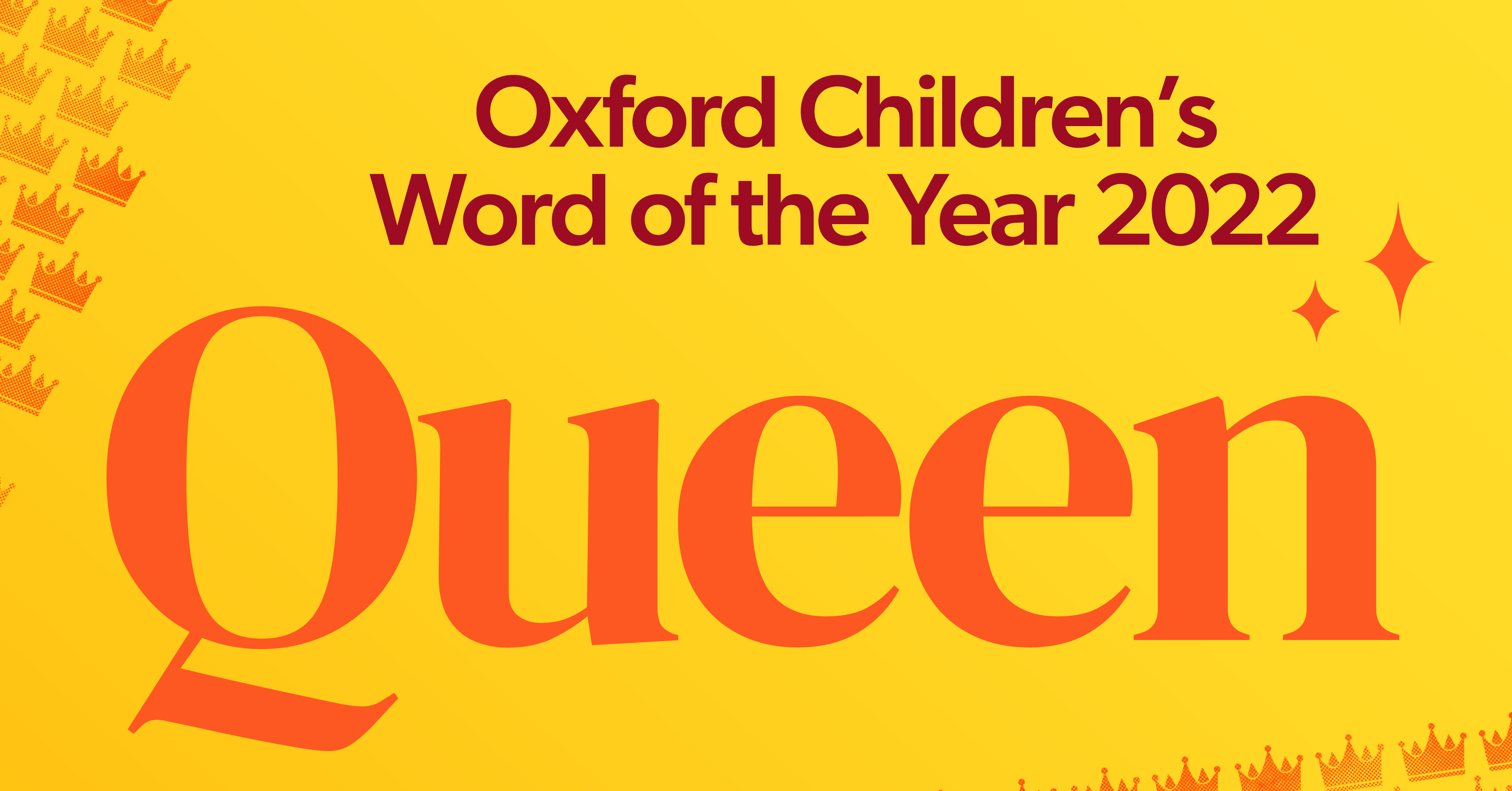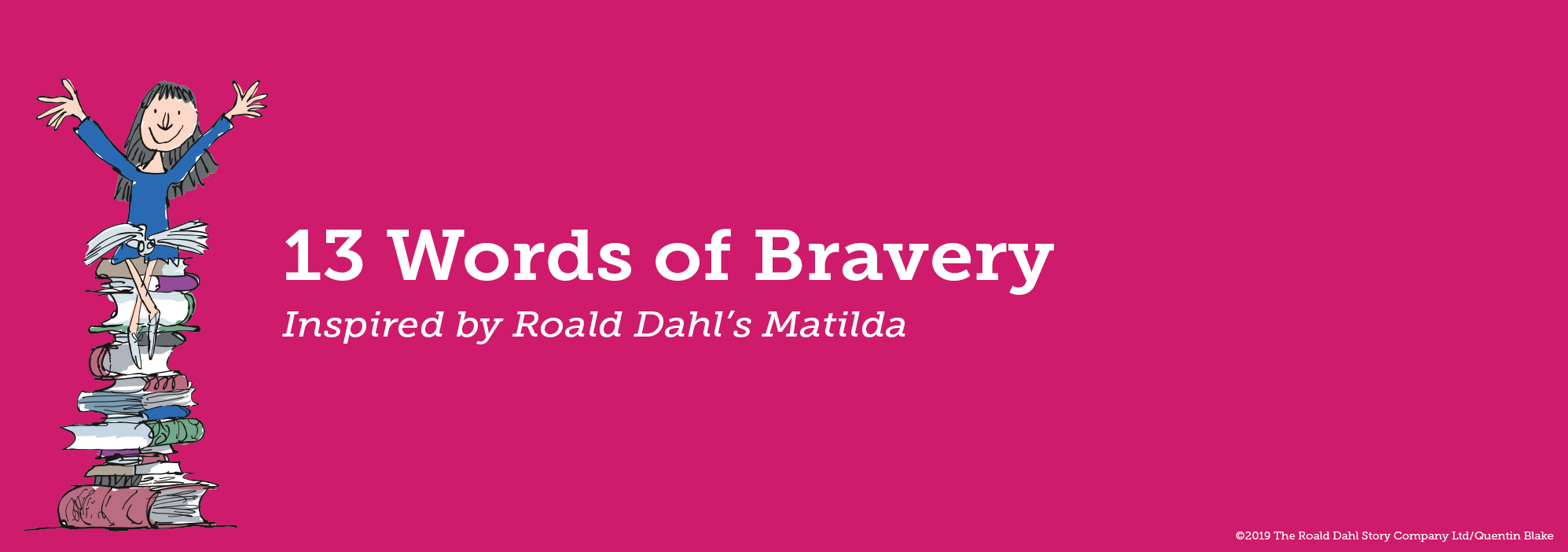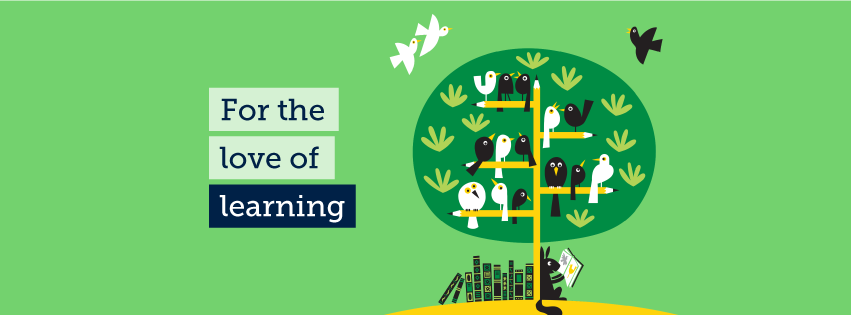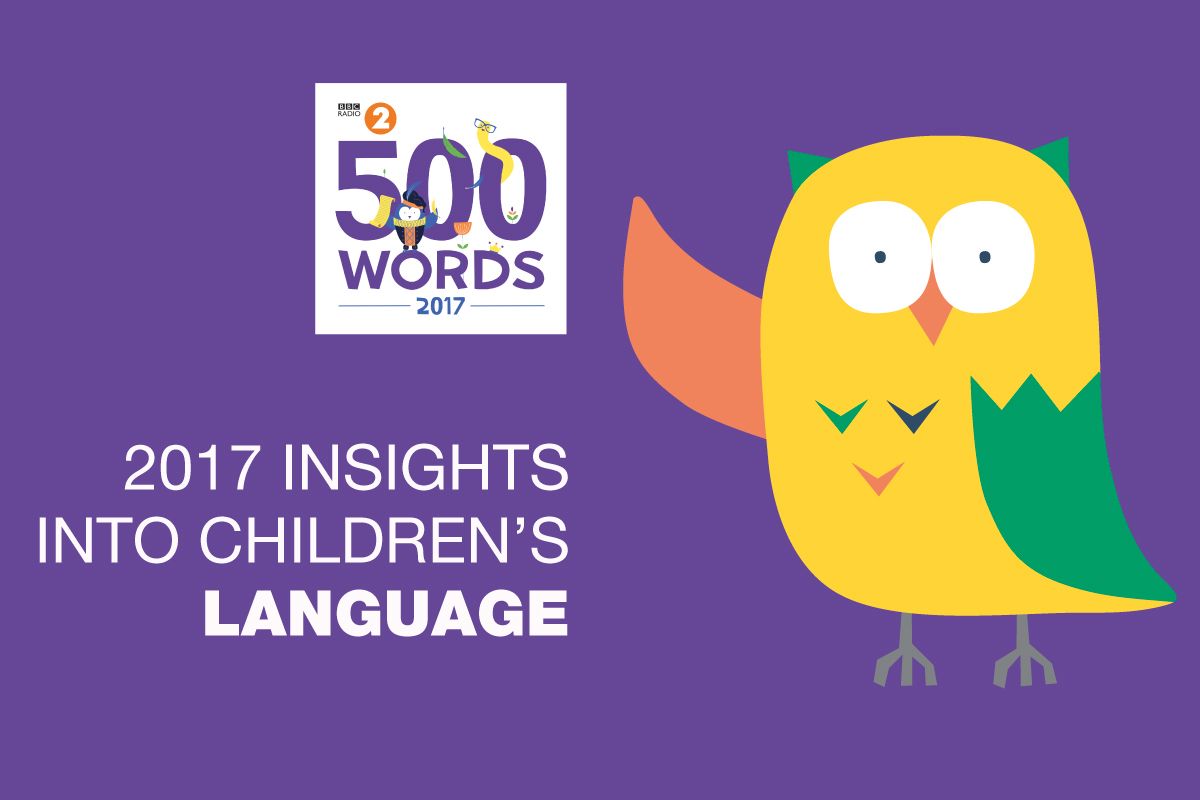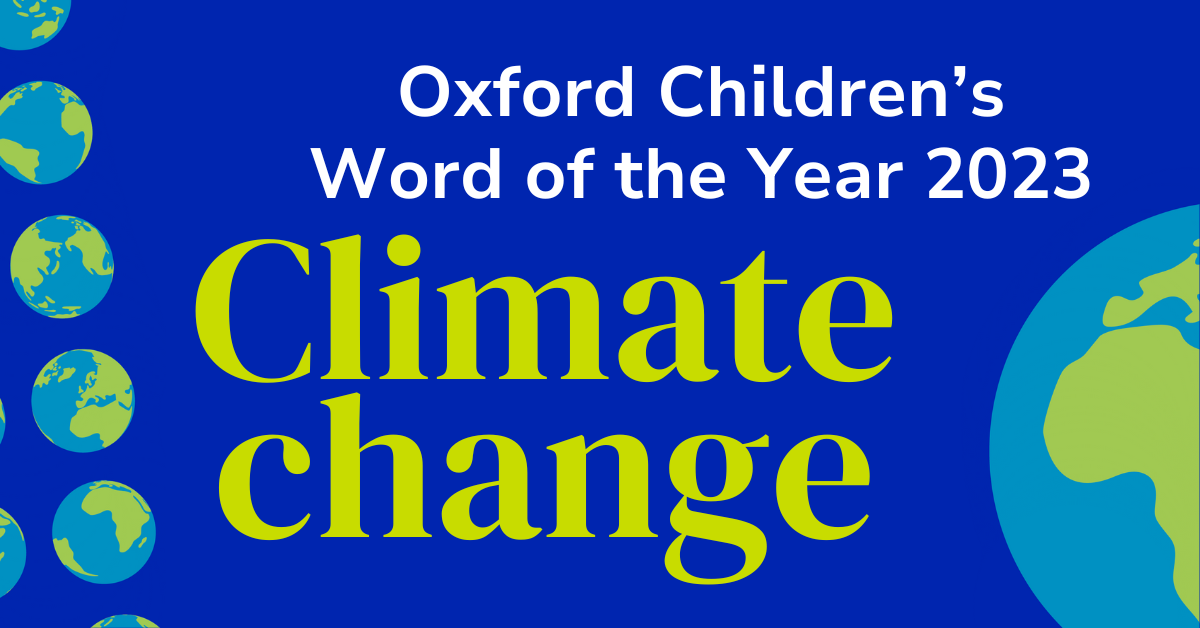
Climate change is Children’s Word of the Year according to Oxford University Press (OUP). A third of children chose climate change (33 per cent) as their word of the year, narrowly followed by war (31 per cent) and almost a quarter choosing coronation (24 per cent). The research, which surveyed opinions from over 5,000 children […]
Read more